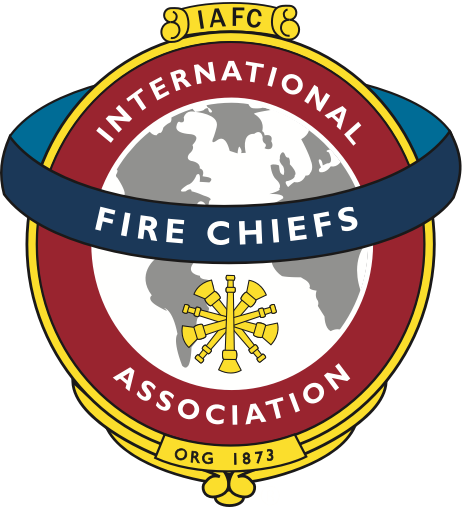

November 03 - 04
November 03 - 04
November 03 - 04
08:00 - 15:00
November 3-4 | 7 HOUR SESSION
Disaster Planning & Resources Management
Facilitator:
Chief Jeff Dulin
Provided by
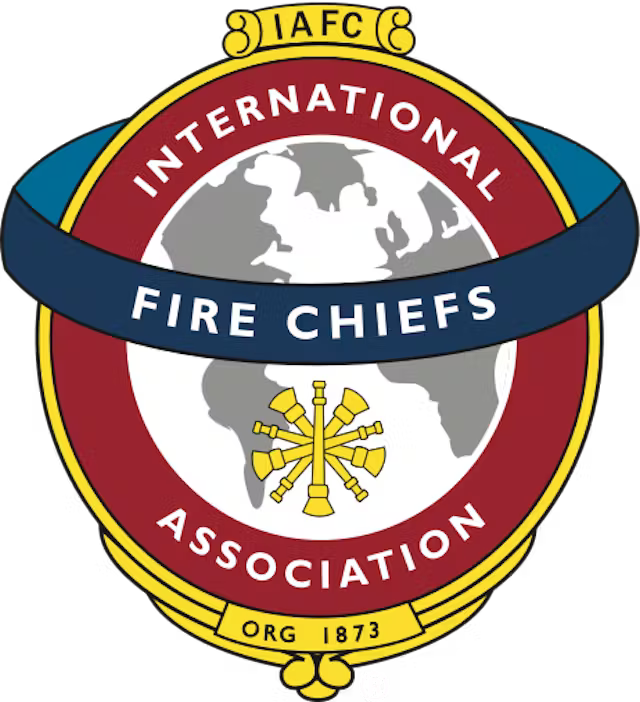
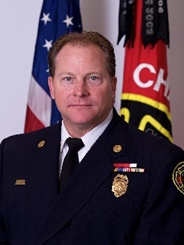
Facilitator:
Chief Jeff Dulin
Workshop Objectives: –
Who Should Attend: –
Focus Topics: –
Expected Outcome & Benefits: –
Other Additional Information: –
08:00 - 15:00
November 3-4 | 7 HOUR SESSION
Officer Development Program Leadership Development Certification Series (Chief Officer)
Facilitator:
Chief Josh Waldo, Chief Ken Stuebing, Chief Rob Brown, Chief John Butler
Provided by
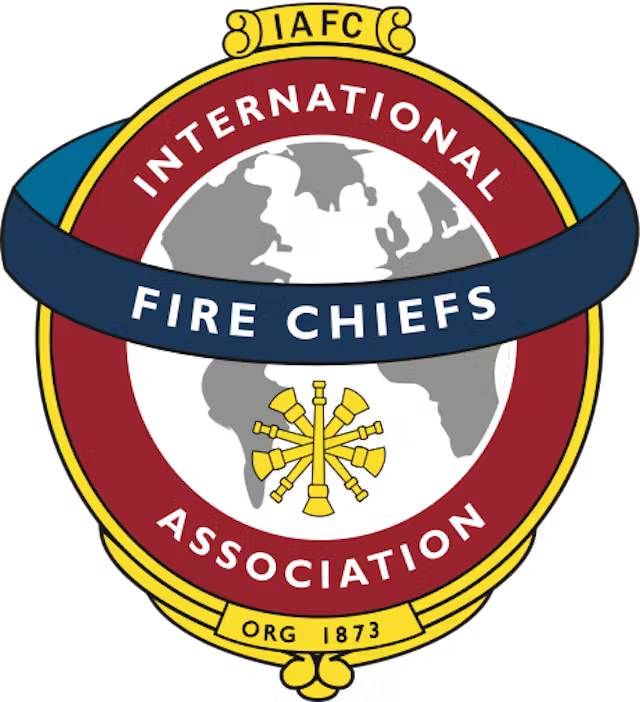
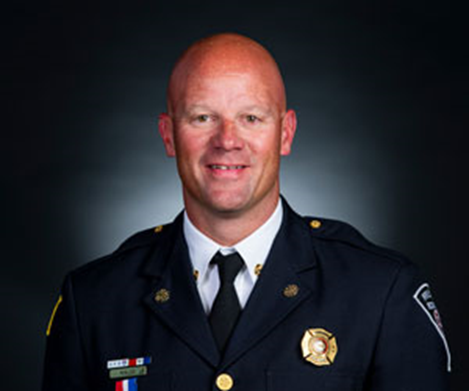
Facilitator:
Chief Josh Waldo
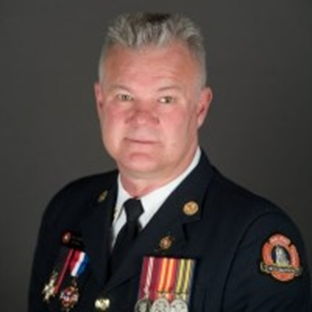
Facilitator:
Chief Ken Stuebing
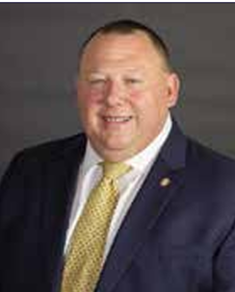
Facilitator:
Chief Rob Brown

Facilitator:
Chief John Butler
The workshop provides a structured professional development process, ODP-LDCS Chief Officer I students will examine critical areas such as human resources; emergency responder health and safety; emergency management; and community and government relations.
Participants not only enhance their leadership skills, decision-making abilities, and strategic expertise, but also earn continuing education units (CEUs) to validate their commitment to professional development. Upon completion of LDCS-Chief Officer I with a passing grade of 70% or higher on the certification exam, students receive a certification through the IAFC. Students who complete this course will be eligible to receive 1.3 continuing education units or one undergraduate college credit hour that can be applied to any degree program at Columbia Southern University (CSU).
The ODP Leadership Development Symposium Series (LDCS) represents a groundbreaking advancement in the field of fire service education. This program sets a new standard with competency-based minimum requirements, showcasing the IAFC's and CSU’s unwavering commitment to elevating training and education in the profession.
08:00 - 15:00
November 3-4 | 7 HOUR SESSION
Acceptance Testing & Inspection of Water Based Fire Protection Systems
Facilitator:
Bob Caputo
Provided by
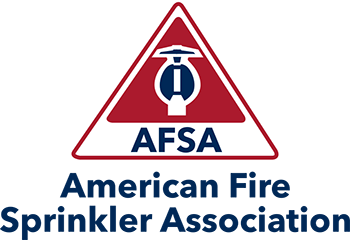
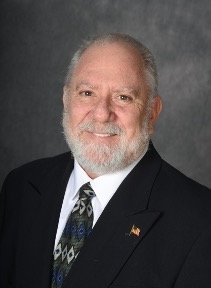
Facilitator:
Bob Caputo
The workshop will provide the participant in depth knowledge on the following topics:
08:00 - 15:00
November 3-4 | 7 HOUR SESSION
NFPA Codes & Standards: How to use and get the most out of them
Facilitator:
Kenneth Burson
Provided by
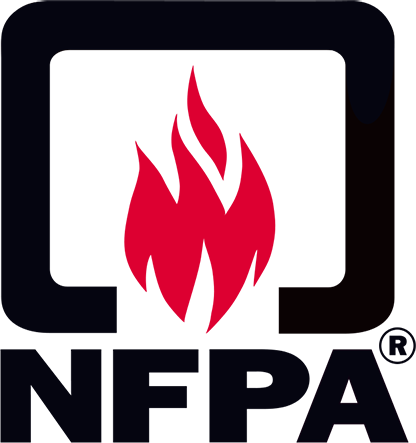

Facilitator:
Kenneth Burson
Workshop (2-days): NFPA Codes & Standards: How to use and get the most out of them - Kenneth Burson- NFPA International Senior Liaison of Government Networks
This two-day workshop offers an in-depth view of how the NFPA technical committees are formed, how the codes and standards are developed and revised, making sure that they are revised to current industry standards at all times. Attendees will also gain valuable insight into side-by-side comparisons with some of the other codes and standards in use around the world. During this workshop, attendees will receive complimentary access to NFPA LiNK, the premier digital platform that provides instant access to 1,400 NFPA® codes and standards—including legacy titles going back five editions from any device. The workshop attendees will be broken down into working groups to use NFPA LiNK for research projects, and then provide teach back sessions to the larger group on the information that they were assigned. This highly interactive workshop allows attendees to gain the most knowledge of the NFPA standards, test driving the NFPA LiNK platform, and gaining experience in applying the NFPA codes and standards to the areas that attendees work in at their organizations.
Attendees should bring a smartphone, tablet or laptop for using NFPA LiNK (Tablet or Laptop recommended), as well as for group project presentations. Attendees will receive a course completion certificate, as well as an exclusive NFPA gift for attending all sessions of this workshop.
08:00 - 15:00
November 3 | 7 HOUR SESSION
Batteries, Solar, and Wind: Understanding The Challenges and Keeping Renewable Energy Safe
Facilitator:
Noah Ryder
Provided by

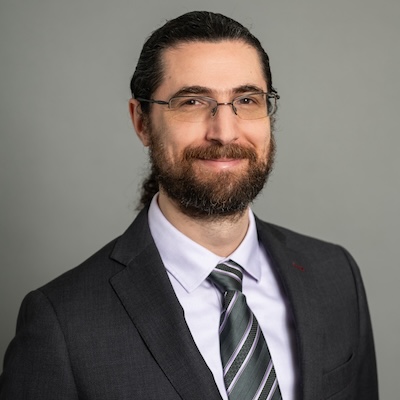
Facilitator:
Noah Ryder
08:00 - 15:00
November 3 | 7 HOUR SESSION
Fire Protection Design and Requirements for Tall Buildings
Facilitator:
Chris Jelenewicz
Provided by


Facilitator:
Chris Jelenewicz
08:00 - 15:00
November 4 | 7 HOUR SESSION
Assessing Risk and Performance Based Design for Complex Projects
Facilitator:
Noah Ryder
Provided by


Facilitator:
Noah Ryder
08:00 - 15:00
November 4 | 7 HOUR SESSION
Human Behaviour In Fires & Emergencies
Facilitator:
Chris Jelenewicz
Provided by


Facilitator:
Chris Jelenewicz
08:00 - 15:00
November 4 | 7 HOUR SESSION
Incident Response and Crisis Management
Facilitator:
Tim Marjason
Provided by


Facilitator:
Tim Marjason
Incident Response and Crisis Management Course
This 1-day Workshop is a comprehensive learning opportunity covering all aspects of developing and implementing an incident response structure (IRS) and Crisis Management (CM) capability. It explores how to build the structure, and goes beyond incident management into understanding how to build a crisis management capability in an organisation as per ISO 22361:2022 and other best practice. The Workshop is broken down into 7 Modules exploring the concepts and principles of crisis management and what tools and techniques can be applied when anticipating and assessing crises. It looks at prevention and integration techniques, and the key activities, roles and responsibilities required for effective incident and crisis management. Validation principles including exercising, and continuous learning are also discussed.
13:00 - 17:00
November 3 | AFTERNOON SESSION
From the Fireground to the Firehouse A Clean Environment
Facilitator:
Captain Ron Kuley
Provided by
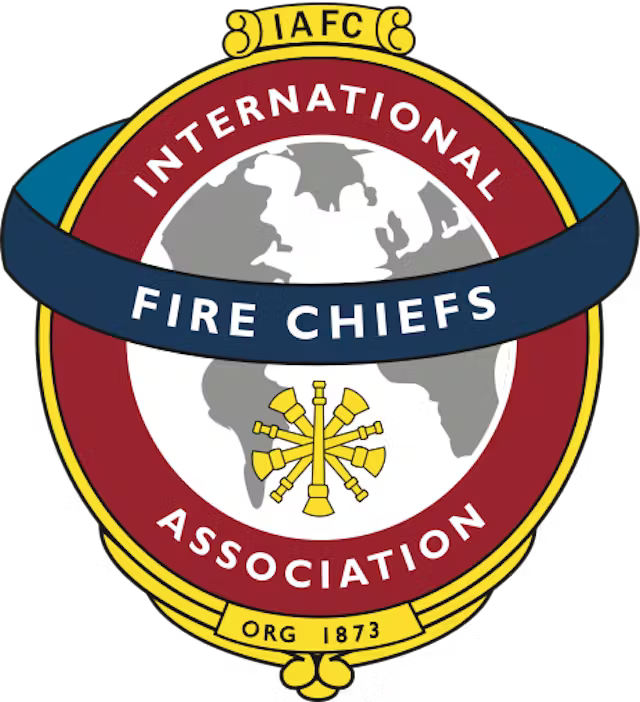

Facilitator:
Captain Ron Kuley
Title of Workshop: - From the Fireground to the Firehouse a Clean Environment
In today’s world many factors affect a firefighter's health and wellness. These factors are found in all work locations including the various emergency incidents that emergency personnel operate in. Our personnel have physical demands, exposure to hazardous materials (known / unknown), heat and psychological stressors, irregular sleep patterns along with proper diet and nutrition to name a few.
We all have a part in helping reduce these exposures and to improve their physical and mental readiness. As research has proven we now must look at the firefighting world through a new lens. Public Safety Executives need to embrace a more holistic approach to the opportunities that exist to reduce these risks through technology, policies and culture change. This workshop will provide an opportunity to discuss some of the best practices that exist today. What can and should we be doing to develop plans and polices to reduce these risks? What are the risks of the future for this profession where we can respond to any type of manmade or natural disaster?
Workshop Objectives: –
1. Understanding the Threat Hazard Identification and Risk Assessment of the Environments the firefighter lives and operates in.
2. Planning for the elimination of unclean environments wherever firefighters operate and live.
3. Technologies used in cleaning and isolation of these environments.
4. Management of Building Designs, Apparatus Designs, and Decontamination Processes to provide quality operating environments.
5. Provide platform for Global Initiatives to address these issues and drive change worldwide to protect firefighters.
Who Should Attend: –
1. Leaders who oversee Health & Wellness of Firefighters
2. Leaders who plan, design and procure Apparatus, Fire Facilities, and firefighting equipment.
3. Industrial Hygiene Specialist
4. Response Coordinators
5. Support Organizations who are involved in emergency response.
08:00 - 12:00
November 4 | MORNING SESSION
The Roadmap to CFPS 2024 Through the New Fire Protection Handbook
Facilitator:
Sawsan Dahham
Provided by
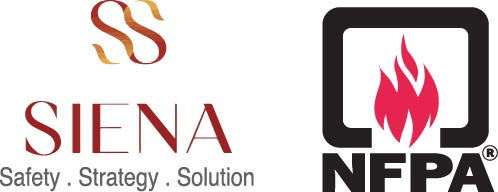

Facilitator:
Sawsan Dahham
1. Introduction
The revolution in construction and transportation industries introduced new fire sources and
affected the fire growth rate which induced an overall upgrade in the fire protection scheme, NFPA
updated and upgraded her Fire Protection Handbook and re-organized the Fire Protection Certificate
to stay in line with the latest industry technologies.
2. Session Outline
The Fire Protection Handbook is the single resource covering all aspects of fire protection
information in one place, we can refer to it as being a reliable source of information and references.
Not to forget that it is the only source for doing the CFPS exam.
Using older editions of the FPH risks referencing out of date research, data, and practices that are no
longer applicable in our modern world and do not reflect the requirements of the latest applicable
NFPA codes and standards editions.
This workshop is considered as a compressed version of the CFPS training offered by NFPA, where
attendees can walk out with a firm believe in their capabilities to undertake the CFPS certification
through a simplified understanding of the updated FPH.
3. Editions comparison
A clear and concise comparison between the 20th and 21st edition of Fire Protection Handbook will
give an idea on how NFPA introduced new chapters and topics that reflect our modern world and
omitted superseded or obsolete information.
4. The 2024 CFPS exam
The CFPS exam blueprint changed to reflect the updated skills and knowledge required by fire
protection specialists based on the 21st edition of Fire Protection Handbook.
The workshop will include a hands-on interactive session reflecting the entire update of the CFPS
exam, including Q/A, trial exercises similar to the ones listed in the real exam and explanatory
procedure to how can we allocate our correct answers within the FPH with minimum time.
5. Conclusion
Ending the workshop with some important tips to successfully complete the exam, by understanding
the background of the new FPH and how to navigate its content, encompassing a clear idea of the
new CFPS blueprints and guiding the attendees to study by subject.
Reminding everyone that NFPA is not trying to trick them through their questions and highlighting
the main to do and not to do list during the real exam.
Safety is everyone’s responsibility to make this world a better place
08:00 - 12:00
November 4 | MORNING SESSION
Business Continuity Management: International Best Practices
Facilitator:
Raouf Riahi
Provided by

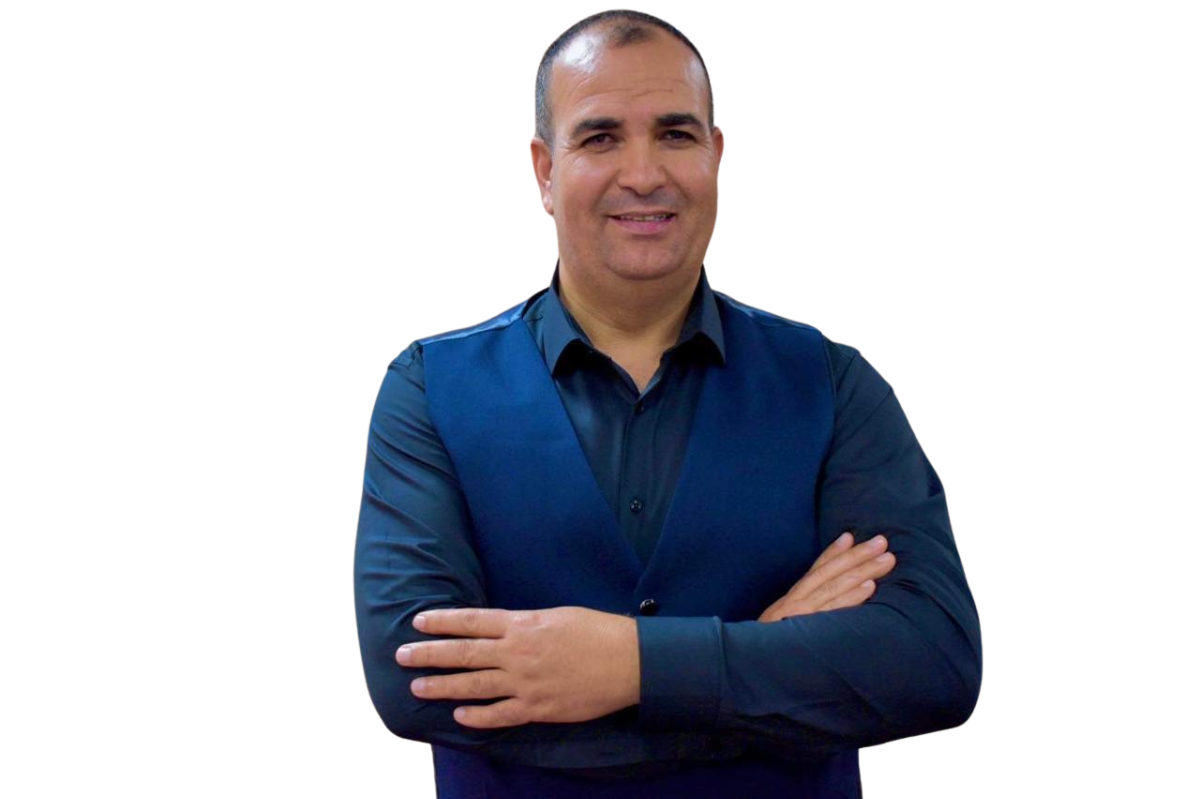
Facilitator:
Raouf Riahi
This half-day workshop on Business Continuity Management (BCM) provides an in-depth exploration of international best practices and standards essential for building and maintaining resilient organizations. Participants will gain a comprehensive understanding of key BCM frameworks, including the BCI Global Good Practice Guidelines (GPG) 7.0, ISO 22301, and DRII BC Professional Practices.
The workshop will begin with an overview of the importance of BCM in today’s rapidly changing and risk-prone global environment. Attendees will then delve into the BCI’s GPG 7.0, which offers practical guidance and a structured approach to BCM, emphasizing its role in safeguarding organizational operations. The session will also cover ISO 22301, the international standard for Business Continuity Management Systems (BCMS), focusing on its requirements and how it aligns with organizational objectives for maintaining and improving business continuity.
In addition, the workshop will explore the DRII BC Professional Practices, highlighting the essential competencies and practices required for effective BCM implementation. Real-world case studies will be used to illustrate these principles in action, offering participants practical insights into their application.
By the end of this workshop, attendees will have a solid foundation in BCM best practices, enabling them to enhance their organization's resilience, ensure compliance with international standards, and effectively manage disruptions. This session is ideal for BCM professionals, risk managers, and organizational leaders seeking to align their business continuity strategies with global standards.
Key Takeaways:
This workshop will provide a blend of theoretical knowledge and practical tools, empowering participants to lead their organizations in adopting and integrating international BCM best practices.
13:00 - 17:00
November 4 | AFTERNOON SESSION
Crisis Management for Executives
Facilitator:
Chief Josh Waldo, Chief Ken Stuebing, Chief Rob Brown, Chief John Butler
Provided by
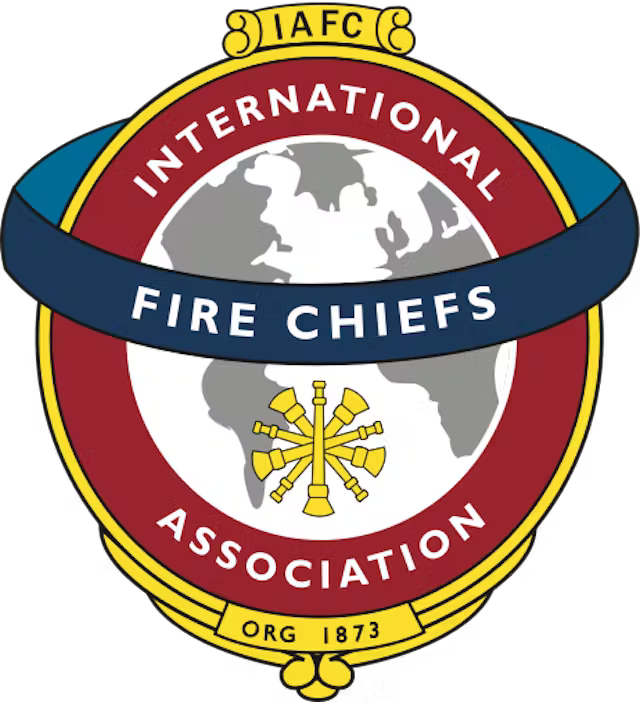

Facilitator:
Chief Josh Waldo

Facilitator:
Chief Ken Stuebing

Facilitator:
Chief Rob Brown

Facilitator:
Chief John Butler
Emergency services executives are always in the middle of some type of crisis. It is not unusual for these executives to manage multiple high level crisis incidents simultaneously. Whether it is an internal crisis or an emergency incident they all compete for their time and decision-making capabilities. “The Executives Job Is to Create Calm Out of Crisis”! Understanding the difference between assigning tasks and delegation of authority often creates opportunities for executives to share the workload. When there is a crisis that requires immediate attention, the public safety executive must show leadership and decisiveness to instil command presence and confidence to the organization and the public.
Workshop Objectives:
1. Gain understanding about the changing fire and emergency services landscape
2. Provide insights on what Leaders want and need.
3. Discuss the impacts of poor leadership on agencies and the impact of bad agencies on other agencies.
4. Discussion of leadership of these agency leaders into productive groups and forums.
5. Provide an understanding of the possibilities of effective organizations of effective leaders.
6. Examples of real-world experiences by the instructors. Interactive discussions on handling today’s crisis for tomorrow.
Who Should Attend:
1. Leaders of Emergency Response Agencies
2. Future Leaders.
3. Organizational Representatives who work with Leaders
4. Support Organizations who work with Emergency Response Agencies
Focus Topics:
1. Leadership
2. Integrity
3. Responsibility
4. Accountability
5. One Team Mentality
Expected Outcome & Benefits:
1. Participants will receive valuable information on what it takes to be a leader.
2. Participants will gain an understanding of the unique characteristics of emergency response agency leaders.
3. Participants will participate in global discussion of the shared leadership approaches that can be implemented globally.
4. Participants will learn about organizing leaders into functional groups to address issues.
5. Participants will gain a better understanding of the international perspective of groups from varying continents.
Other Additional Information:
1. Could be designed as a Panel Discussion of International Leaders
2. Maximum number of attendees that can be accommodated: 50-75
3. Participants will be interactive in responding to Polls and Surveys
4. Outcomes of the Course will be made available to the Conference Organizers for distribution to all attendees.
08:00 - 12:00
November 3 | MORNING SESSION
Fire Prevention and Protection Inspection Privatization According To The Saudi Building Code
Facilitator:
Salman Alqahtani, Abdulaziz bin Abdulrahman Al-Ariqi
Provided by
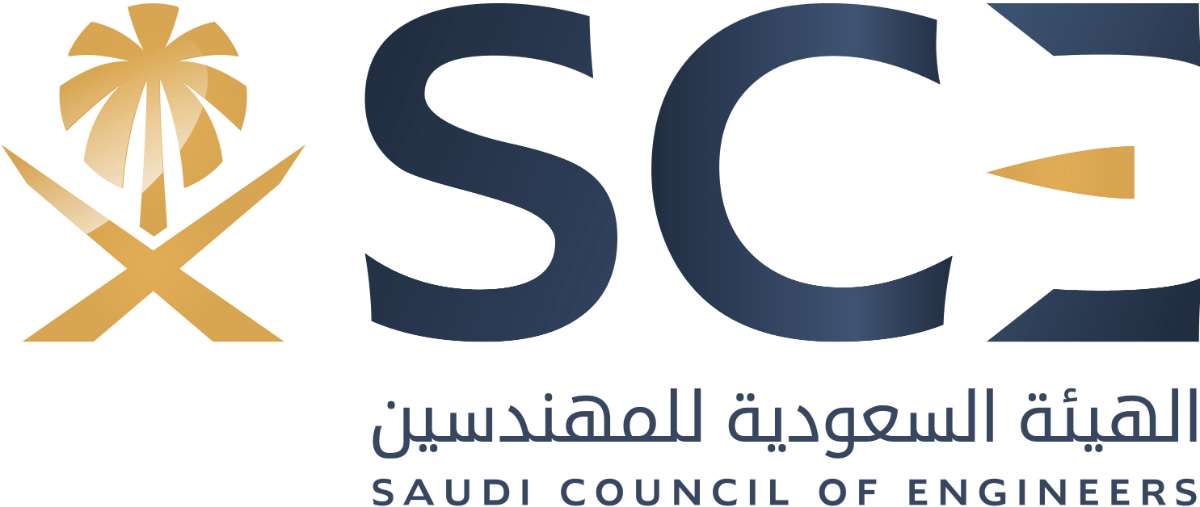

Facilitator:
Salman Alqahtani
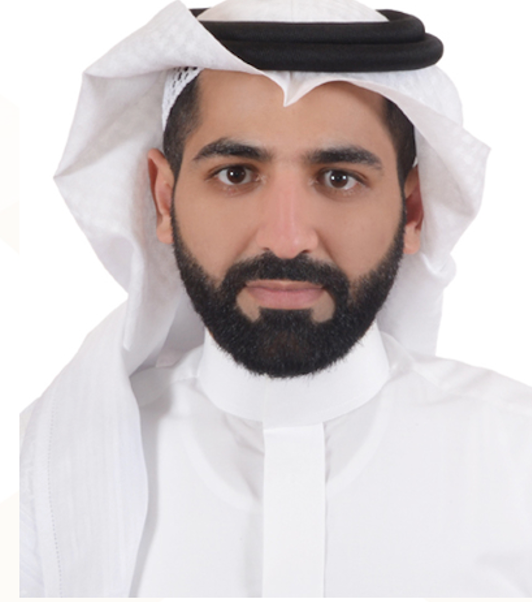
Facilitator:
Abdulaziz bin Abdulrahman Al-Ariqi
13:00 - 17:00
November 4 | AFTERNOON SESSION
How Building Codes Contribute to Safety of Fire Fighters?
Facilitator:
Sultan Rajab, Bassim Abdulhadi, Mohsen Alhamadda
Provided by
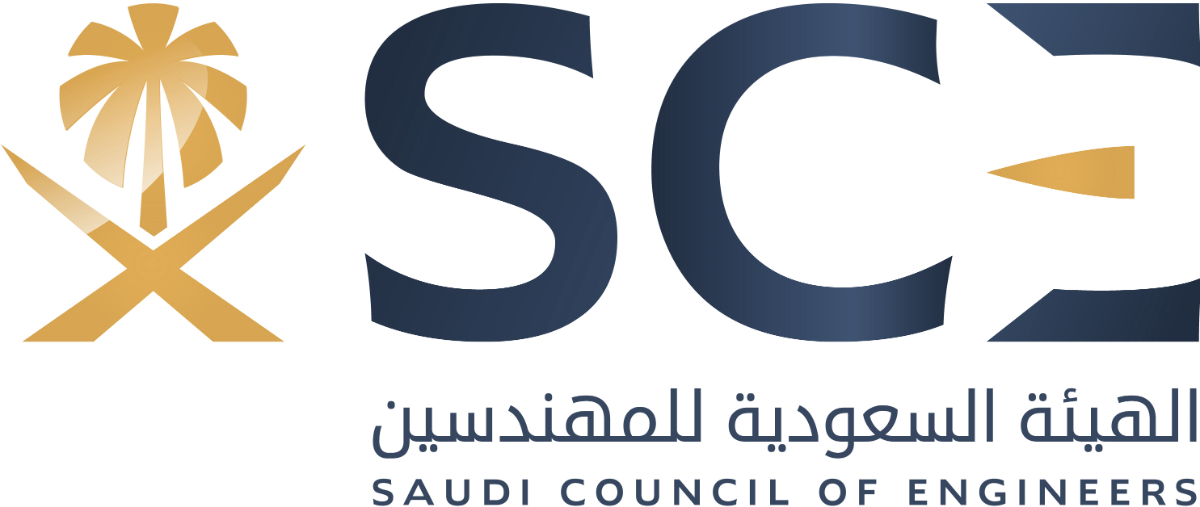
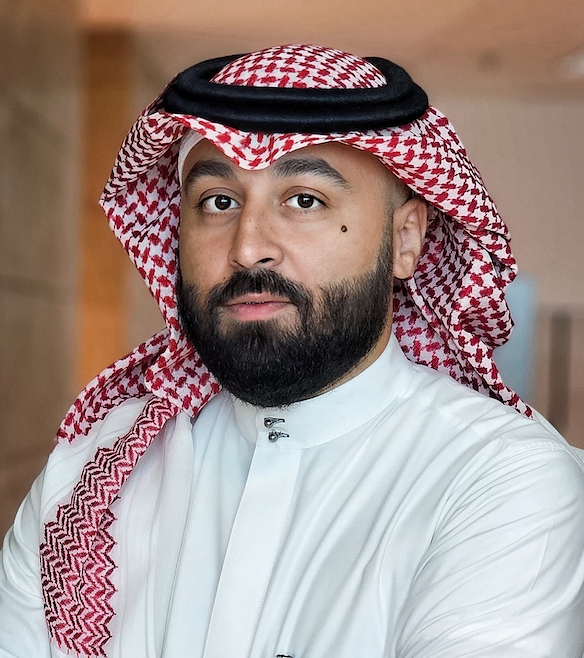
Facilitator:
Sultan Rajab

Facilitator:
Bassim Abdulhadi

Facilitator:
Mohsen Alhamadda
Workshop Topics:
The purpose of fire protection codes and general concerns.
Structural collapse and fire response.
Sections of the code dedicated to firefighter protection.
Columns and elevators.
Types of construction in the building code.
Flame spread restrictions.
Chapter Seven and Chapter Nine, and the Charleston Fire.
Studies and case studies.
13:00 - 17:00
November 4 | AFTERNOON SESSION
Risk management system awareness session
Facilitator:
Sherif Ali
Provided by
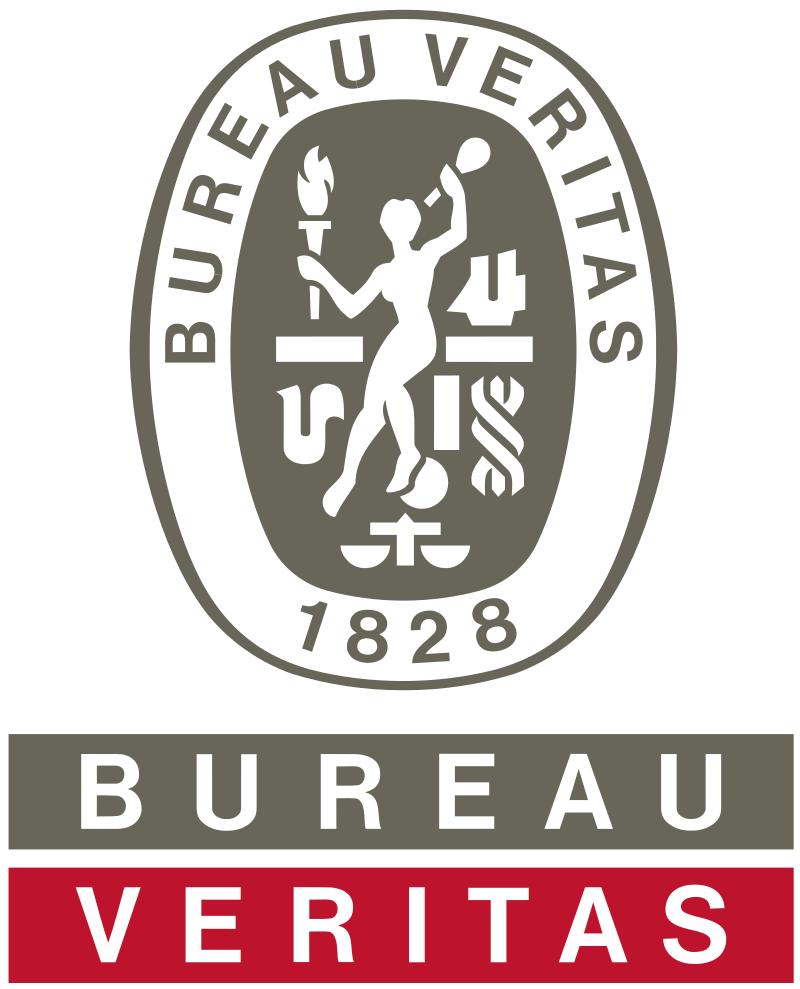
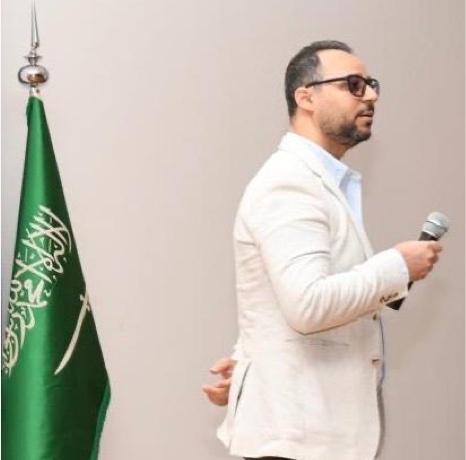
Facilitator:
Sherif Ali
Learning Objectives:
1. Understand the purpose and scope of ISO 31000.
2. Recognize the structure and components of the ISO 31000 framework.
3. Explain the risk management process outlined in ISO 31000.
4. Differentiate between risk assessment, treatment, and monitoring.
5. Understanding the role of leadership in effective risk management.
6. Explore how to integrate risk management into organizational processes.
7. Understand how to evaluate and improve a risk management framework.
8. Recognize the benefits of implementing ISO 31000 in an organization.




